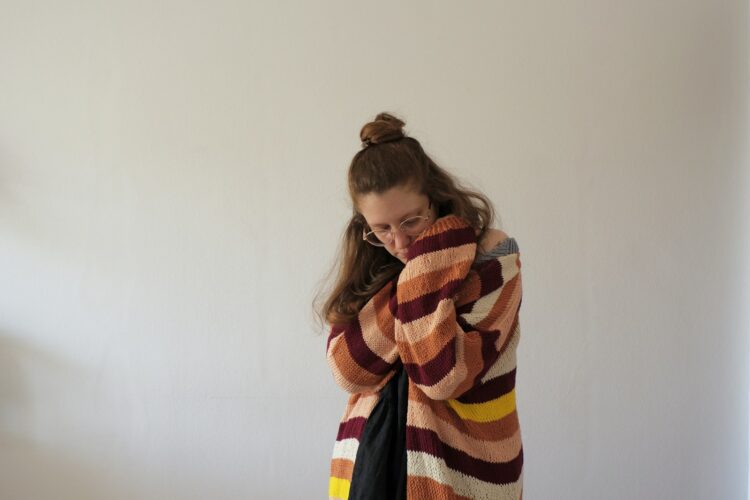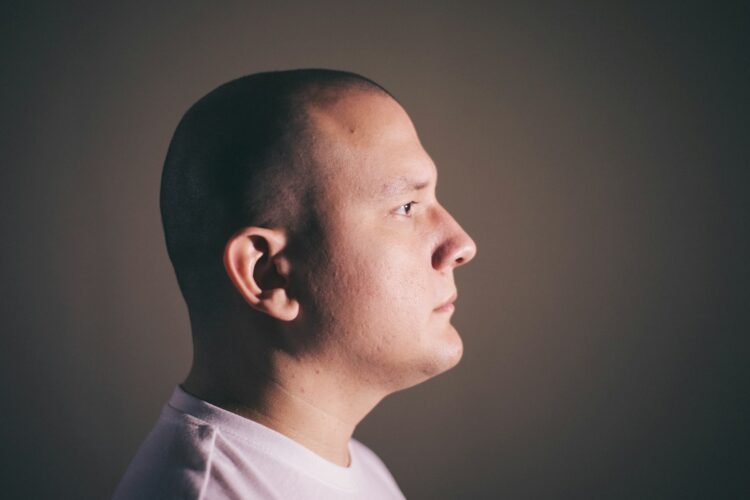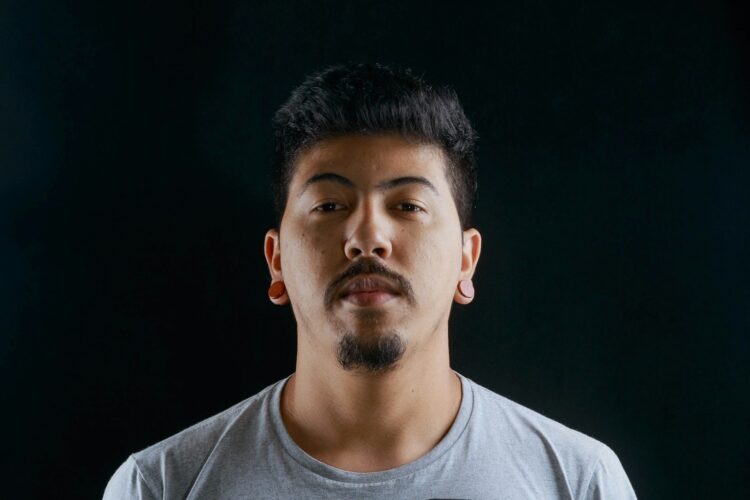
Insecurity doesn’t always show up as fear or self-doubt on the surface. Often, it hides in the everyday things people say — little phrases that sound harmless but reveal more than intended. Insecure people may not even notice they’re doing it. But if you listen closely, their words often reflect deeper worries about self-worth, comparison, and not feeling good enough. Here are 15 things insecure people usually say without realizing it:
“I was just joking.”

Insecure people often say something rude or critical and then hide behind humor. When someone calls them out, they quickly follow it with an excuse to avoid responsibility. They use phrases that allow them to express doubt or judgment without facing the consequences. It’s usually not about being funny — it’s about protecting themselves from rejection or discomfort.
“They probably don’t like me anyway.”

This sentence reveals how strongly insecurity can shape how someone views relationships. Instead of giving people the benefit of the doubt, they assume the worst. They say it before anyone has even said a word against them. It’s a defense mechanism — if they expect rejection, it hurts less. But in reality, it pushes people away and reinforces a cycle of self-doubt.
“I know I’m not good at this.”

Before trying something new or sharing an idea, insecure people often cut themselves down first. They say things like this to lower expectations or avoid judgment. It’s a way of protecting themselves from criticism. If they already admit they’re bad at something, no one else can call them out. But over time, this kind of talk chips away at confidence even more.
“I don’t care what anyone thinks.”

This might sound confident, but when someone repeats it too often, it can mean the opposite. Truly secure people don’t have to say this out loud — they just live it. Insecure people often use this phrase to cover up how much they actually do care. It’s their way of pretending to be strong, even when they feel exposed and unsure inside.
“You’re probably too busy for me.”

This statement sounds polite, but it often comes from a fear of being a burden. Insecure people expect others to walk away or lose interest, so they take a step back first. Saying things like this can actually create distance where there was none. It’s a subtle way of rejecting themselves before anyone else gets the chance to do it.
“I don’t deserve someone like you.”

This may seem like a compliment, but it often hides deep self-doubt. When someone says this in a relationship, they’re not just praising the other person — they’re also putting themselves down. It shows they feel unworthy or hard to love. Over time, that insecurity can create an imbalance, where one person keeps giving while the other pulls back out of fear.
“I’m fine.” (When they’re clearly not)

Insecure people struggle to express vulnerability. When they’re hurt or upset, they often shut down and say “I’m fine” instead of being honest. They worry about looking weak, needy, or dramatic. So they stay quiet, hoping someone will notice without having to explain. But the longer they bottle things up, the more misunderstood and alone they tend to feel.
“You’re so much better at this than I am.”

This may sound like a compliment, but it often hides self-doubt. Insecure people say this when they feel they don’t measure up, even if no one is comparing. Instead of feeling inspired, they focus on what they lack. Over time, repeating this line makes them feel smaller and less capable. It shifts the focus away from growth and keeps them stuck in silent competition they never asked for.
“Sorry, I talk too much.”

This phrase often pops up when someone’s feeling very nervous or self-conscious. After sharing a story or opening up, they immediately apologize. They worry about taking up space or being annoying. But apologizing for simply speaking sends a message that their voice doesn’t matter. Insecure people often do this without thinking, but it quietly erodes their sense of self.
“It’s whatever. I don’t really care.”

When something clearly bothers them, insecure people often pretend it doesn’t. They say things like this to appear unaffected, even when they’re hurting. It’s easier to act detached than to admit they feel left out, overlooked, or judged. But this habit makes it harder for people to connect with them, and it keeps their real feelings locked away.
“I knew I’d mess it up.”

Self-blame often shows up in these quiet, defeated words. Insecure people tend to expect failure, even when they’ve worked hard or done well. If something goes wrong, they take all the blame — even when it’s not fair. This mindset keeps them stuck in self-doubt, where mistakes feel like proof they’re not good enough instead of chances to learn.
“I’m not like other people.”

This can sound unique or even bold, but it often covers up a deep feeling of not fitting in. Insecure people say this to explain why they don’t connect easily or feel misunderstood. It becomes a way to justify isolation or avoid closeness. Instead of seeing differences as strengths, they use them as reasons to keep people at a distance.
“You probably think I’m annoying.”

Insecure people often project their fears onto others. They assume others see them the way they see themselves — as irritating, awkward, or too much. By saying this out loud, they try to soften the blow of potential rejection. But instead of helping, it just draws more attention to their fears and makes it harder for a genuine connection to grow.
“I’m just not good enough.”

This is one of the most direct signs of insecurity. It doesn’t always come out in serious moments — sometimes it’s slipped into casual talk. But it reflects how someone truly sees themselves. Saying this repeatedly can reinforce negative beliefs, even if others offer support. Over time, it becomes a self-fulfilling cycle where they stop trying before they even begin.
“Must be nice…”

This phrase often comes with a little laugh or smile, but there’s frustration underneath. Insecure people use it when they see someone else succeed, travel, or celebrate something. Instead of expressing envy directly, they let it out in small jabs. It’s a way of saying they feel left out, stuck, or unlucky — but they don’t know how to admit it honestly.

